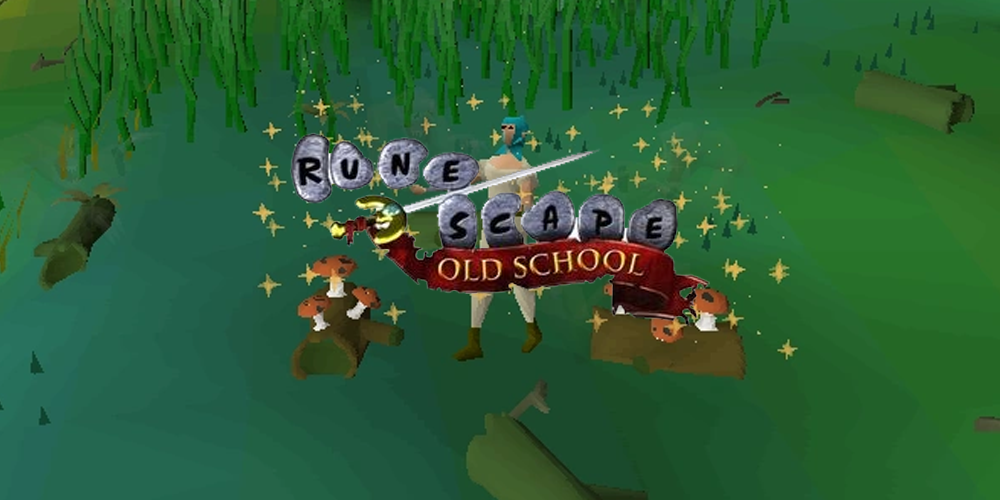Ironman mode is a game of independence, patience, and strategic thinking. While the early game is undoubtedly challenging, it lays the foundation for one of RuneScape gold the most rewarding experiences in Old School RuneScape. With the right questing path, efficient skilling, and a smart approach to combat and resource management, you'll grow into a powerful adventurer capable of taking on the toughest bosses OSRS has to offer—all without relying on anyone else.
In Ironman, the struggle is real—but so is the satisfaction. Master the early game, and the rest of Gielinor is yours for the taking.
Old School RuneScape (OSRS) Ironman mode offers one of the most rewarding and challenging ways to experience the world of Gielinor. Without the ability to trade, use the Grand Exchange, or accept help from other players, Ironman accounts are completely self-sufficient. Every item, resource, and coin must be earned through your own effort.
This high-risk, high-reward style of gameplay turns OSRS into a strategic single-player survival game. But for new or even returning players, the early game can feel overwhelming. With no safety nets and no outside assistance, planning, efficiency, and preparation become your most important tools.
This guide offers crucial early-game tips and strategies to help you build a solid foundation as you begin your Ironman journey. From questing to resource gathering, combat, and skilling—here's everything you need to know to survive and thrive.
Know Your Ironman Mode
Before jumping into strategy, it's important to understand the different Ironman modes available:
Ironman: The standard version. No trading, no Grand Exchange, no assistance from other players. You must obtain everything yourself.
Hardcore Ironman (HCIM): Similar to standard Ironman, but with one life. If you die, your account is downgraded to a regular Ironman.
Ultimate Ironman (UIM): The most extreme version—no access to banks. All your items must be carried in your inventory or stored creatively in places like looting bags or your player-owned house.
This guide primarily focuses on standard Ironman gameplay, but many of the strategies will also benefit HCIM and UIM players.
Survive the Early Game with Smart Questing
In Ironman mode, questing isn't optional—it's essential. Quest rewards can skip hours of tedious grinding, unlock new areas, and provide crucial early-game gear and resources. Here are some must-do quests early on:
Cook's Assistant: A simple introduction to questing that opens access to cooking ingredients and XP.
Doric's Quest: Quick and easy Mining XP plus access to Doric's anvil for Smithing.
The Restless Ghost: Grants early Prayer XP and gets you started on training that vital skill.
Imp Catcher: Offers early Magic XP and gives you elemental runes.
Rune Mysteries: Unlocks Runecrafting, essential for crafting your own runes later.
The Grand Tree and Tree Gnome Village: Important for travel access and Attack XP.
Lost City: Critical for wielding Dragon weapons later in the game.
Focus on quests that give large XP boosts, unlock key transport, or provide access to crucial gear. Questioning efficiently early on can save dozens of hours down the line.
Create a Sustainable Resource-Gathering Plan
You won't be able to buy logs, ores, or food from other players, so your skilling setup must be self-sustaining. Start training these key resource-gathering skills right away:
Woodcutting & Firemaking
Train Woodcutting by chopping regular and oak trees.
Use logs for Firemaking and Cooking fires.
Progress toward cutting yews for cheap OSRS GP Fletching and long-term cash via High Alch.

